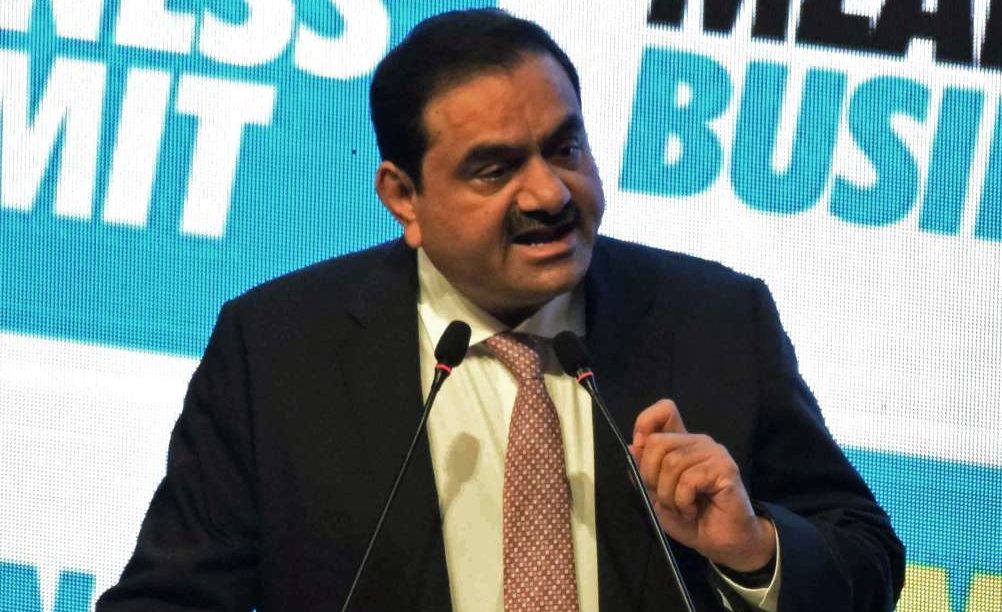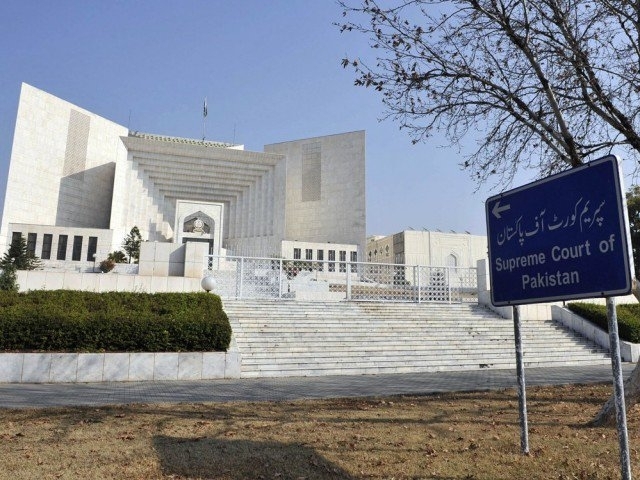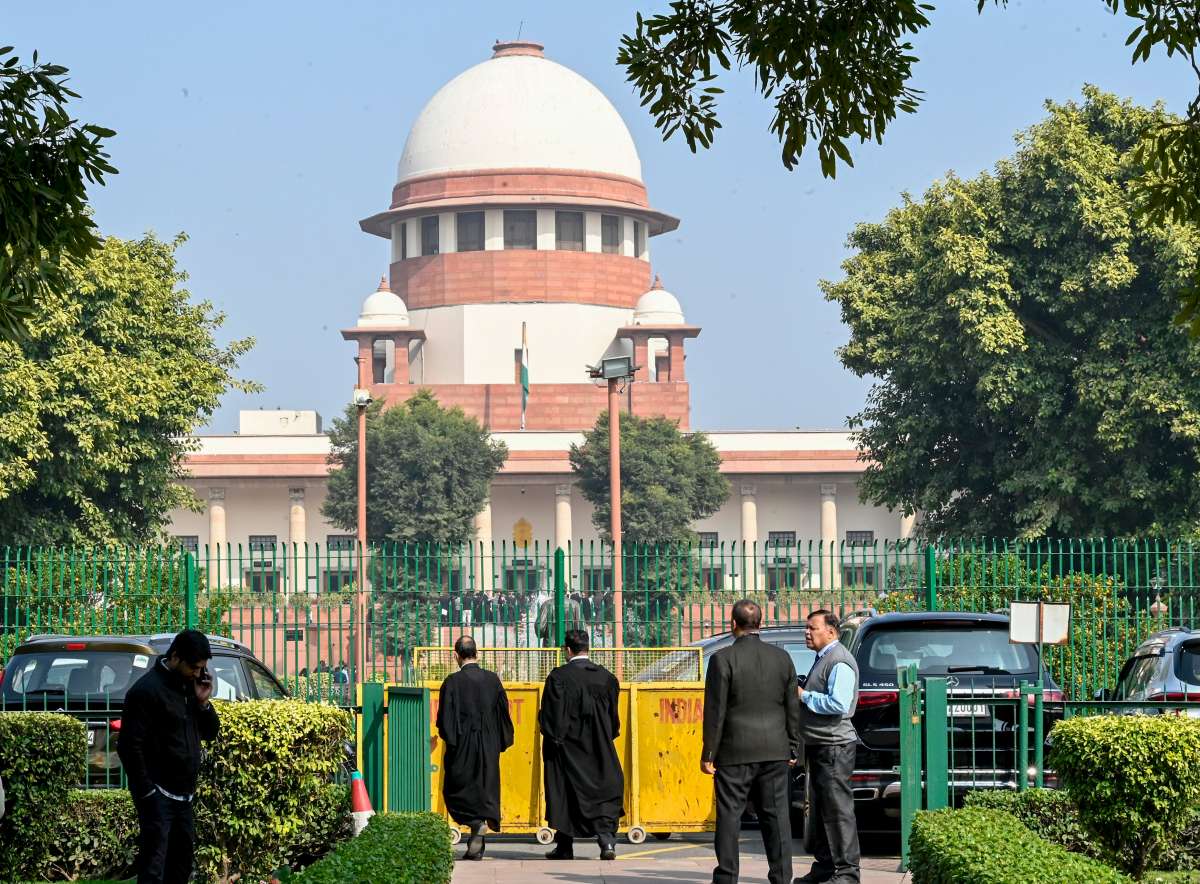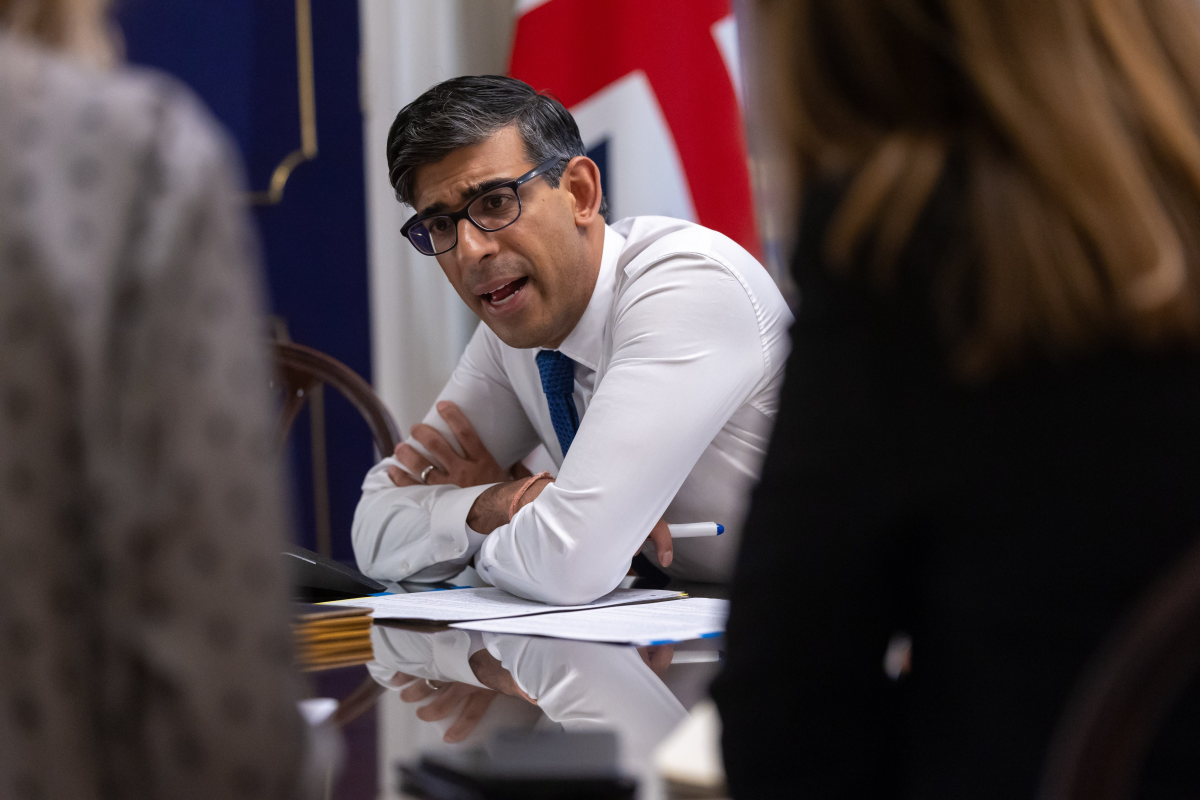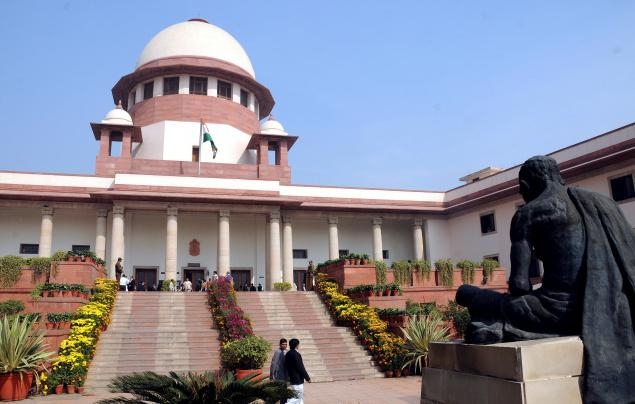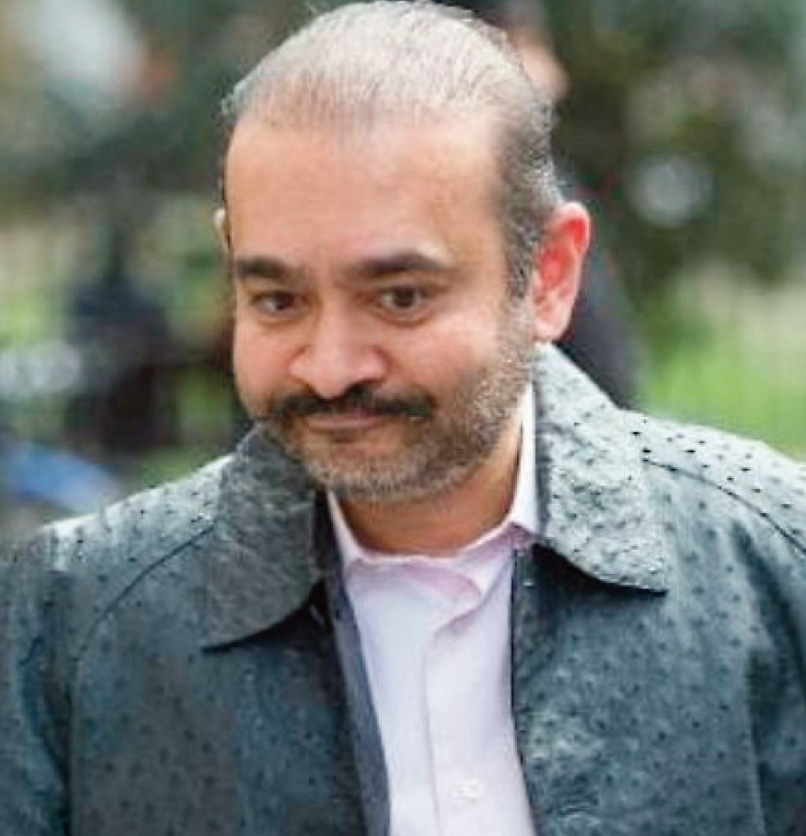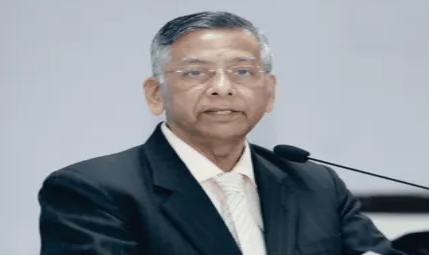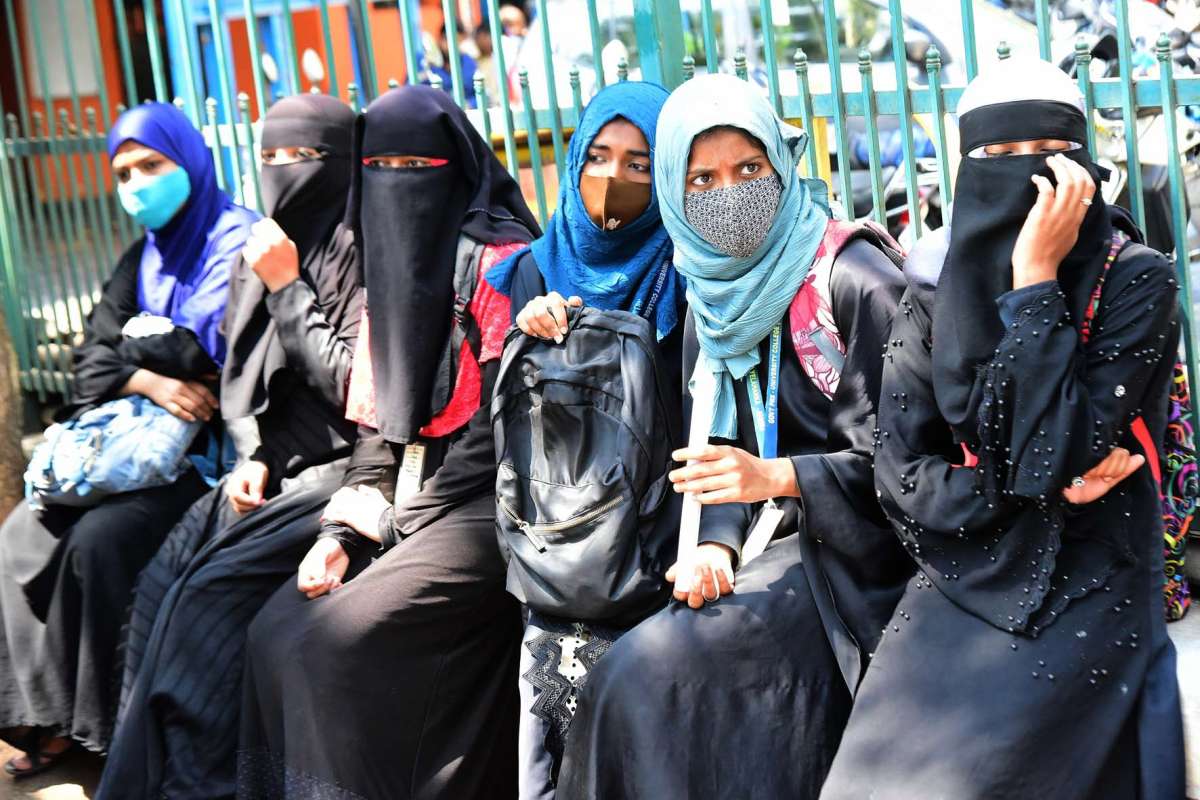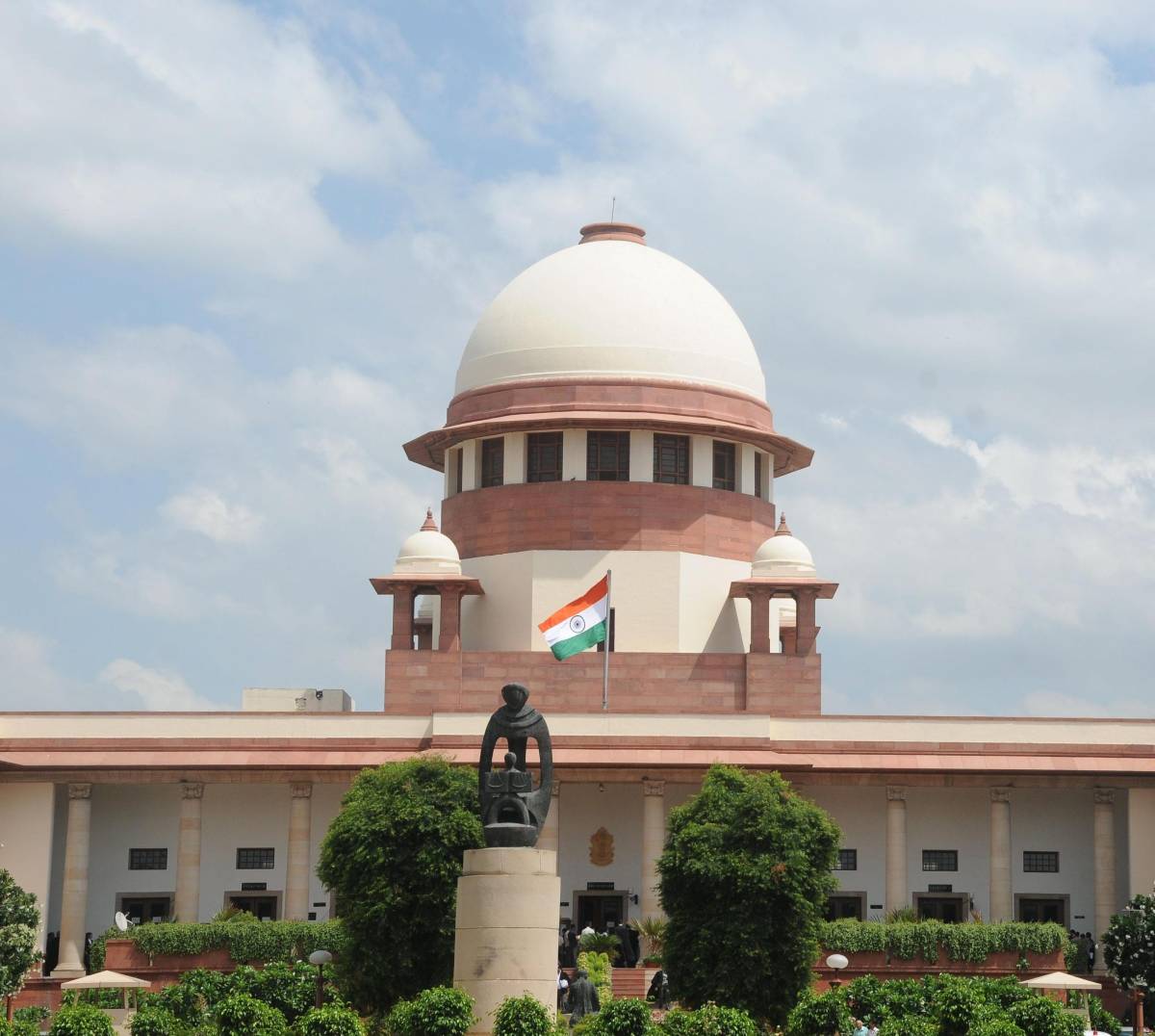The top court asked SEBI to complete within three months its probe into two cases pending out of 24 cases…reports Asian Lite News
In a relief to the Adani group of companies, the Supreme Court on Wednesday declined to transfer the probe from Securities and Exchange Board of India (SEBI) to a Special Investigation Team (SIT) or CBI into the Adani-Hindenburg issue over allegations of stock price manipulation by the Indian corporate giant.
A bench of Chief Justice of India DY Chandrachud, PS Pardiwala and Manoj Misra said the scope of power of the apex court to enter into the regulatory domain of SEBI is limited.
It said the scope of judicial review is only to see whether any fundamental right has been violated. The SC said the facts of the case do not warrant the transfer of the probe to the SIT or other agency. The SC also said there was no material to doubt the investigation carried out by the SEBI.
The verdict of the top court came on a batch of petitions seeking a court-monitored investigation or CBI probe into the allegations made by US-based firm Hindenburg Research against the Adani group of companies regarding violations of the stock market.
The bench said there has been no regulatory failure by SEBI and the market regulator cannot be expected to carry on its functions based on press reports though such reports can act as inputs for SEBI.
The top court asked SEBI to complete within three months its probe into two cases pending out of 24 cases.
The case is related to the allegations (part of a report by short-seller Hindenberg Research) that Adani had inflated its share prices. After these allegations were published, it led to a sharp fall in the share value of various Adani companies, reportedly to the tune of USD 100 billion.
The Adani Group has dismissed the charges as lies, saying it complies with all laws and disclosure requirements.
Various petitions were filed alleging that changes to the Securities and Exchange Board of India Act (SEBI) had provided a shield and an excuse for the Adani Group’s regulatory contraventions and market manipulations to remain undetected.
The apex court then asked SEBI to independently probe the matter and also constituted an expert committee headed by retired Supreme Court judge Justice AM Sapre to look into the matter.
In May last year, the expert committee in its report had found no prima facie lapse on the part of the SEBI in the matter.
While reserving the verdict, the Supreme Court had said it has no reason to “discredit” SEBI, which probed allegations against the Adani group, as there was no material before it to doubt what the market regulator has done and the court does not have to treat what was set out in the Hindenburg report as a “true state of affairs”.
It had observed that it cannot ask a statutory regulator to take as a “gospel truth” something which was published in the media.
Advocate Prashant Bhushan, appearing for one of the petitioners, had told the apex court that there were many factual revelations in the Hindenburg report.
He said it was for the top court to see whether the investigation done by the SEBI was credible or not and whether some other independent organisation or a Special Investigation Team (SIT) needs to be formed to investigate it. (ANI)

